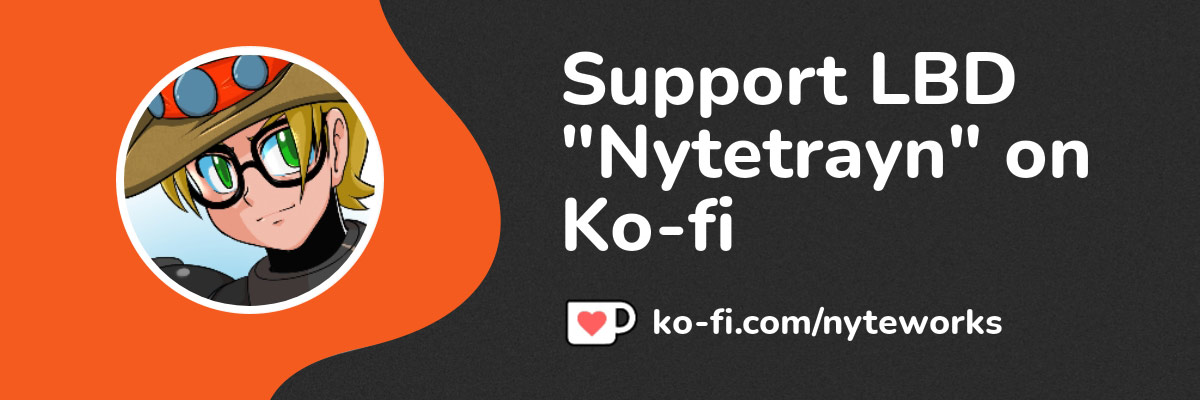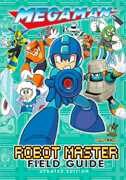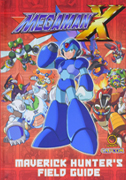
The Original Super Mario Bros. Movie Marked the End of an Era
But what is often overlooked is how it was also the end of an era. While some fans may not realize it, the movie marks the end of the Super Mario Bros. as we once knew them.
If you were a kid growing up on Nintendo mania in the 80’s (or even an adult), there were several immutable truths about Mario and Luigi. They were plumbers, could jump really high, sported funny moustaches, had a thing for jumping on turtles, and they were from Brooklyn — gruff accents and all.
This wasn’t just some sort of fanon built around the characters, nor something that Nintendo of America came up with independent of their Japanese colleagues. Shigeru Miyamoto has even been quoted as stating that the original arcade Mario Bros. game took place in a New York sewer system, which is no doubt where the idea of the brothers being from Brooklyn came from, and Nintendo ran with it.
Throughout the end of the 80’s and into the early 90’s, Mario and Luigi were positioned as a pair of plumbers from Brooklyn who, through some means or another (which never quite seemed agreed upon in various forms of media), wound up in the world of the Mushroom Kingdom. There, they would embark on their quest to rescue the fair Princess Peach (nee Toadstool) from the villainous clutches of Bowser, King of the Koopa.

“You’d better have my steam cabinet fixed. I’m stuck in traffic on the Brooklyn Bridge, but I’m taking a shortcut and I’ll be right there.” “How can you take a shortcut off the Brooklyn Bridge?” “It helps if you have a Sherman tank, bozo.” *sounds of chaos ensue* (Via Inverted Soapbox)
While the interpretations would vary, from character models to names, the Brooklyn plumber conceit was one that would extend to everything from storybooks to comics to cartoon shows (where their surname as “Mario” was first officially given). In fact, the first cartoon – 1989’s The Super Mario Bros. Super Show! – would be bookended by live-action segments which took place in their Brooklyn plumbing shop.
Naturally, when Hollywood came a-knockin’, the brothers’ New York origins would have to factor into the deal. It’s what people knew, and was as much a part of who Mario and Luigi were as their respective red and green attire.
As you may already well know, the Super Mario Bros. movie was not a hit, a success, a film that managed to break even, or even half of that. If you’re reading this, you’re probably a fellow fan, but the fact remains that while the movie has gained a cult following over the years, it bombed hard, and has become the poster boy for “bad video game movie adaptations.”
Leading up to the film’s release, Nintendo did what they could to promote it, from an article in their in-house Nintendo Power magazine to featuring it at their 1993 Consumer Electronics Show booth and even tying it into the Japanese promotion of their Super Scope light gun/bazooka peripheral. But when the movie became a critically-panned flop, the company seemingly could not distance itself from the production fast enough, even occasionally scrubbing mention of it in the aforementioned publication.
Nintendo ran with the Brooklyn plumber identities for their superstar mascots as late as 1993, but after that, things changed. In fact, several things would change, creating a sharp divide between the Mario we once knew and the Mario the world knows today.
Mario was portrayed by several actors over the years, and they all brought a lower, gruffer voice to the character that was usually (with the exception of Peter “Optimus Prime” Cullen’s pre-Mario Bros. depiction on the Donkey Kong portion of Saturday Supercade) tinged with a Brooklyn accent. But around 1994, Nintendo seemingly decided it was time for a change – a drastic and often divisive change, at that.
Voice actor Charles Martinet was hired to portray the portly plumbing protagonist, though he’d had experience with the character in his more traditional form in a 1992 pinball game. His first performance in an ongoing role was in a program used at trade shows called MIRT (Mario In Real Time) that allowed him to interact with people passing by. After that, he tweaked the performance as he went on to do a PC game called Mario’s Game Gallery/Mario’s FUNdamentals.
Given the rotating cast of actors to take up the part, coupled with a relative few taking notice of what might be considered “non-canon” appearances, little thought seemed to be given at the time to the change.
In the meantime, 1995 saw another major change to the character; not in how he sounded, but in his place of origin. Super Mario World 2: Yoshi’s Island was released on the Super Nintendo Entertainment System, and served as a prequel that established the origin of Mario, Luigi, and their longstanding rivalry with Bowser.
In doing so, Nintendo effectively changed everything. Rather than being visitors from another world – our world – Mario and Luigi were instead born native to the Mushroom Kingdom, and had effectively been helping to foil Bowser’s schemes since he was an infant as well!
The following year finally saw the release of the long-delayed Nintendo 64, and with it, the system’s flagship title: Super Mario 64. While Martinet had already been playing the character prior to the game’s release, this was the first mass-exposure to the new voice of Mario. Rather than the Brooklyn accent fans had become accustomed to, they were treated to a higher-pitched “It’s-a me, Mario!” upon turning on the game; closer to an Italian Mickey Mouse than a Captain Lou.
These changes proved divisive among fans; those who grew up with the gruffer Mario tended to be less pleased by Martinet’s bouncy Italian portrayal, while other fans can still be heard delivering the enthusiastic “woo-hoo!” the character would come to be known for to this day. Likewise, some pine for the days when Mario and Luigi were “one of us,” rather than denizens of another world.

“Hello, there, fellow-a Donker!” “Please don’t call me that.” “I’mma call you that, and you a-like it!”
More recently, 2017’s Super Mario Odyssey would further the discrepancy by introducing New Donk City, a clear riff on New York City where Mario’s early Donkey Kong adventures are to have taken place (incidentally, the third such setting to make the claim). Here, it became immediately clear that Mario is not even what we’d consider a normal human in the world from which he hails, as his nigh-cherubic form is towered over by more the more realistically designed people surrounding him.
While his new origins and accent have met with various degrees of acceptance, it became clear in the lead-up to Super Mario Odyssey’s October release that there was one facet of Mario’s character that fans were not willing to budge on. Interestingly, it would be perhaps the most downplayed and joked about aspects which led to an uproar.
On Nintendo of Japan’s website, a profile of Mario was updated to reference his role as a plumber in the past tense, despite nods being dropped in various titles over the years, from Mario & Luigi: Superstar Saga to Super Mario 3D World. The news spread like wildfire over the internet, from video game websites to more mainstream press like the New York Daily News. Fans made it known that placing their portly plumbing protagonist’s preferred pipe profession in the past was patently preposterous.
Whether or not the uproar around the situation led to there being in-game mentions of Mario being a plumber in Super Mario Odyssey upon its release is unknown, but the website profile had been changed to explicitly state that his occupation was indeed a plumber by the following March.

Any argument you might make about the Mario games not being inspired by drug trips kind of falls apart once you realize most of the series is literally about chasing dragons.
Sometimes appearances in other media can affect characters at their point of origin, such as Superman flying in radio and on television before he could in the comics which created him. But rarely has a piece of media made such an impact that the creators changed their vision to actively avoid the association.
While there’s no official word that’s what happened here, the timing nevertheless remains suspect. As such, it could be that the Super Mario Bros. movie’s biggest impact on Mario (and Luigi) was to lead Nintendo to change what we thought we knew about their mascot.
I wrote the above article for the Super Mario Bros. Movie Archive back in 2019, but for reasons, it was never published there. That said, with The Super Mario Bros. Movie opening in theaters this week, the opportunity was too good to pass up, and so I’ve gone ahead and run the article here (with permission).
The main catalyst, of course, is that the new movie is doing what I never thought Nintendo would do again: bring Mario back to his Brooklyn plumber roots. The big question now, of course, is whether this is exclusively for the movie, or if Nintendo is open to bringing it back to the wider Mario canon. I mean, it never played a huge role in the games before, so little really needs to change there, but that bit of background for Mario and Luigi meant a lot to a lot of fans growing up, and it would be nice to see it restored.
Thanks for reading! And if you’d like to leave a tip to help support the site, check out our Ko-fi!
David Oxford, or “LBD ‘Nytetrayn’,” as he is sometimes also known, is a freelance writer of many varied interests who resides in Toronto, Ontario, Canada. If you’re interested in hiring him, please drop him a line at david.oxford (at) nyteworks.net.
For a full list of places to find him online, click here.
Prev/Next in Category(s)
Prev/Next by Date













Comments